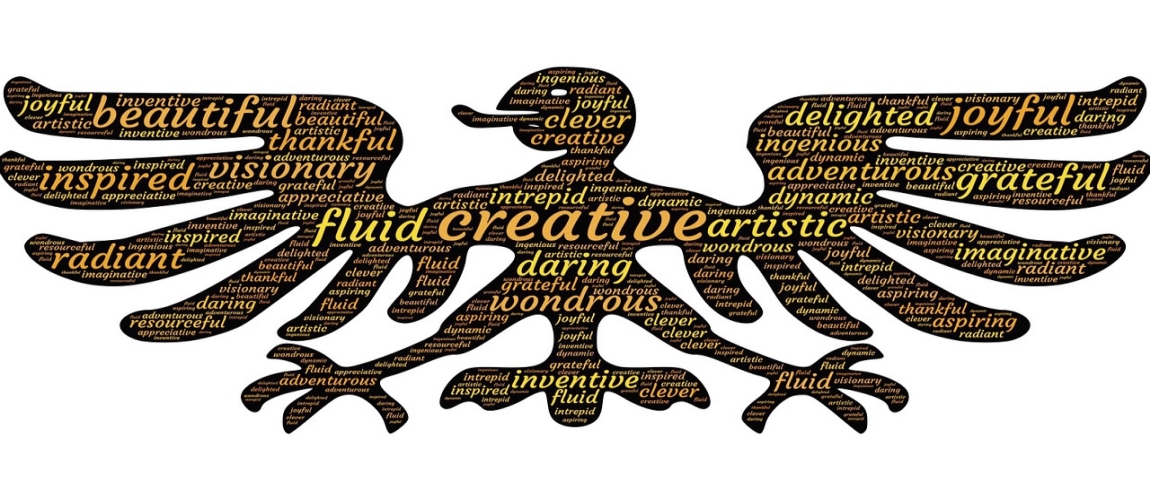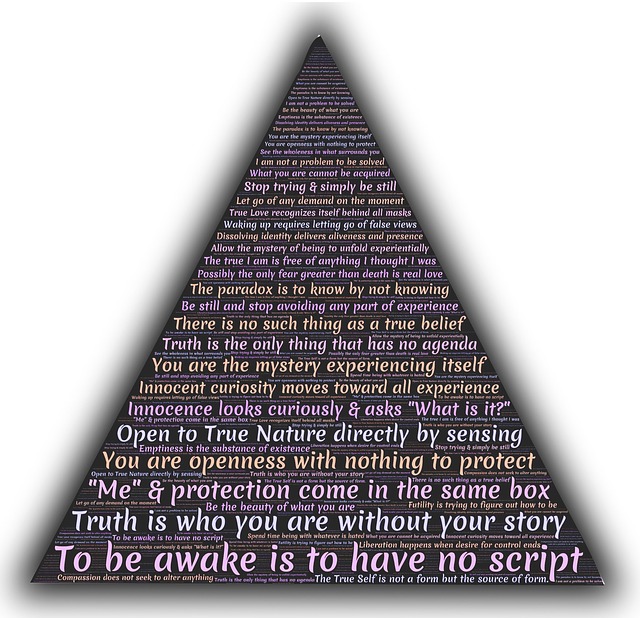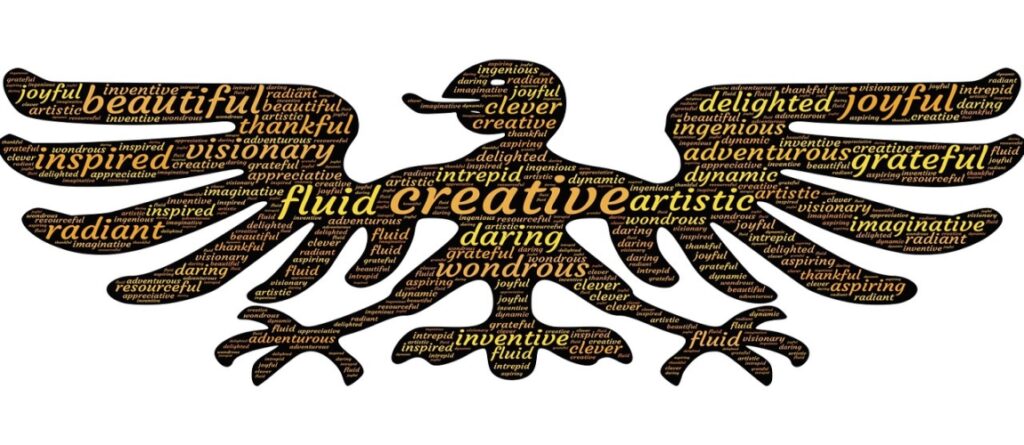Write What You Know
Seth Godwynn
There is a lot of advice for authors floating about, but the general consensus seems to be that the best piece of advice you’ll ever be given is simple: write what you know!
But is that really the best advice, and what on earth does it mean anyway?

‘Write what you know’ means simply to focus on writing about the topics you’re most familiar with. It’s really as simple as that. When you watch a movie by Quintin Tarantino, it’s painfully clear from the outset that he really has no idea what he’s talking about, and that everything you’re seeing is little more than a projection of a fantasy going on in his head. Real gangsters don’t behave the way he portrays them, nor do samurai, Nazis or cowboys. His work is pure fiction. It’s eloquent fantasy to be sure, but it never tries to be anything more than that. It has no great bearing on reality.
While that’s certainly commendable, and showcases his creativity, it could still be very much ‘writing what he knows.’ The suggestion here is that he might not have led the life of a criminal, he might not have trained in the Japanese martial arts, he might not been ever read a book set during World War 2, and he might never have ridden a horse through the wild plains, but he’s still drawing on personal experience. He clearly hasn’t lived these lives, but he has lived a life of fantasy, filling his mind with movies, stories and make-believe. He’s not just writing what he knows, he’s writing all that he knows.
But, for most of us, writing what you know really means drawing from our real world experience. This really is the best advice. Your work, especially at first, will need time to find its feet. While you’re learning the art and craft of writing, you don’t really want to add the pressure of needing to research every aspect of the subject, and of creating things that aren’t familiar to you. It’s best to create something you’re already well versed in.
If you work in a shop, then bringing that experience into your work makes your characters more vibrant and your situations more real. The feel of what you produce will be more vividly expressed. Sticking to what you know, at least at first, really is the best way forward.
This was exactly what Kevin Smith did when he decided to made Clerks! His job at the time was to sit behind the counter of that very convenience store together with his best friend, and they’d spend each day talking about comics and movies, and insulting the customers. That was what he knew, and that was the movie he ended up with.
A lot of work, particularly in modern cinema lacks an element of authenticity. When you see a movie, or read a story, there’s often a disconnect from reality. That shift makes it very hard to lose yourself in the narrative, because elements just keep feeling wrong and jar you out of the story. In most cases, that’s an example of a lack of research.

Take the example of modern method actors. Often, they will train for a role. They will lose, or gain weight, change their appearance, and really try to live the lives of their characters for months on end while they practice their skills. In cases like these, the end product will often be superior, because of the efforts of the players.
We, as an audience, can feel and identify when someone has put in the effort, because it looks effortless. We don’t see a mechanic working on a car and wonder if he’s really a dancer. We know that person is a mechanic from the clothes they wear, their familiarity with the work, their posture and their attitude. If our story lacked those things, the believable elements might be lost, and the audience would not feel drawn in.
This is why writing what you know is so important. It gives you an advantage, a huge head-start in the minds of your readers. It means you can create a compelling world, simply by drawing on your own knowledge-base.
As you progress, of course, you can move on to more fantastic projects, but keeping your early work grounded in the familiar is always going to be good advice, and that’s why it’s advice that has stood the test of time.

It doesn’t mean you can’t be creative. Just because you might be a hair-dresser, is doesn’t mean your main character can’t also be a murderer, or that their salon can’t be aboard an intergalactic cruise liner, or in a village occupied by rabid space bees in a parallel dimension.
If you’re a huge fan of a genre and have absorbed significant amounts of it, enough to leave you feeling driven to create some of your own, nobody is telling you not to do that. The advice is to ground your work, anchor it in your own reality in some way. Create story elements that you know so much about that you can speak with authority. Are you the youngest child in your family and always treated like the baby? Put that in. Do you feel you are treated unfairly at work due to factors you can’t control? Draw on that, and use it in your story. Have you ever been falsely imprisoned on trumped up charges? You have something unique right there to share with the world, so channel every aspect of that experience into your work.
It’s a great idea to write what you know, to include things you understand well into your stories. It’s no more a cage than it is a rule. It’s advice, probably some of the best you’ll ever get, and it’s meant to set you free. It’s meant to help you find a way to make your work the best it can be, and for that to happen, it has to be the best of you. To find the best of you, you need to look at what you know best.
The wonderful thing about the human experience is that we’re all largely the same. The way you feel will be the same as almost everyone else feels. The situation might be different, and the reasons won’t be identical, but the experience will be familiar. Look to your own experience, start with what you know well and learn to express it clearly. That will connect you to the audience, and help them connect to your work.
It might not be where you want your career to go, but it’s a great place to start.
Many thanks for reading this article. We hope it was interesting, informative and entertaining. Follow us on social media or share our content on your own pages. It helps us grow so we can create more free content to help you.
